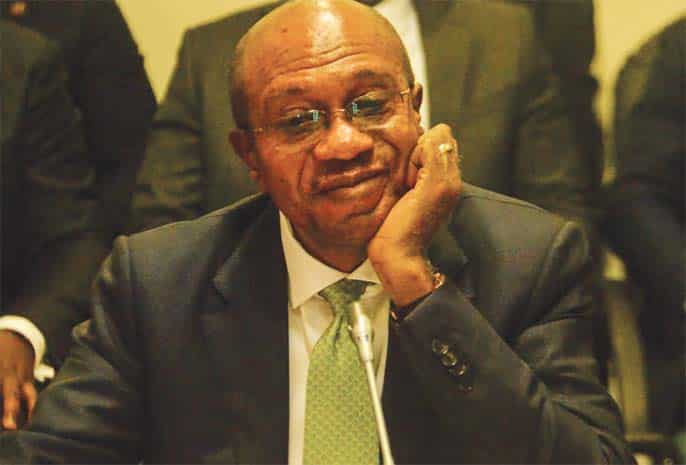The Economic and Financial Crimes Commission (EFCC) has urged the Federal High Court in Abuja to reject Governor Babajide Sanwo-Olu of Lagos State’s request in his recent fundamental rights enforcement suit, arguing that the claims are based on speculation and lack evidence.
The EFCC, represented by its legal team, presented a counter affidavit on October 31 before Justice Joyce Abdulmalik, opposing the governor’s originating summons and asserting that no credible threat of arrest, detention, or investigation has been directed at Sanwo-Olu.
Governor Sanwo-Olu, represented by his counsel Darlington Ozurumba, filed suit number FHC/ABJ/CS/773/2024 on June 6. In it, he raises concerns about a potential EFCC investigation following the conclusion of his tenure as governor, alleging an unjustified threat to his freedom and family life.

He requests that the court affirm his right to privacy and liberty under sections 37, 35(1) & (4), and 41(1) of the Nigerian Constitution, arguing that any EFCC investigation or alleged threats to his freedom amount to an abuse of executive power, potentially influenced by political adversaries. Sanwo-Olu further seeks an order to restrain the EFCC from pursuing any form of harassment or investigation related to his time in office.
However, the EFCC’s counsel, Hadiza Afegbua, countered these allegations, maintaining that Sanwo-Olu’s suit is speculative and unfounded. In a statement, EFCC representative Ufuoma Ezire, a Superintendent and Litigation Secretary in the EFCC’s Legal and Prosecution Department, confirmed that no action has been taken against the governor that would violate his constitutional rights.
Ezire clarified that the EFCC follows a standardized procedure for summoning individuals for questioning or investigation, which involves documented invitations with identifiable details, contradicting the governor’s claims of informal threats.
The affidavit explicitly denies the allegations made in the governor’s affidavit, asserting that no investigation or invitation has been directed at Sanwo-Olu, his aides, or any individuals associated with him. Ezire argued that Sanwo-Olu’s claims are speculative and devoid of factual backing, describing the suit as a “misconceived” attempt to preemptively dismiss potential inquiries.
Additionally, the EFCC dismissed the idea that any officer would threaten or harass the governor without an official and documented process, asserting, “No officer of the defendant could have invited the plaintiff or his aides without furnishing them with detailed particulars of himself.”

The EFCC affirmed that, to date, it has not gathered any intel, received any petition, or developed any grounds that would necessitate an investigation into Sanwo-Olu or his administration.
In closing, the EFCC’s affidavit underscored that the suit was “brought in bad faith to mislead this honorable court,” urging the court to deny all reliefs sought by the governor, as no verifiable basis for his claims exists. As Justice Abdulmalik considers both parties’ submissions, the case underscores ongoing debates about the balance between executive accountability and the exercise of constitutional rights.









